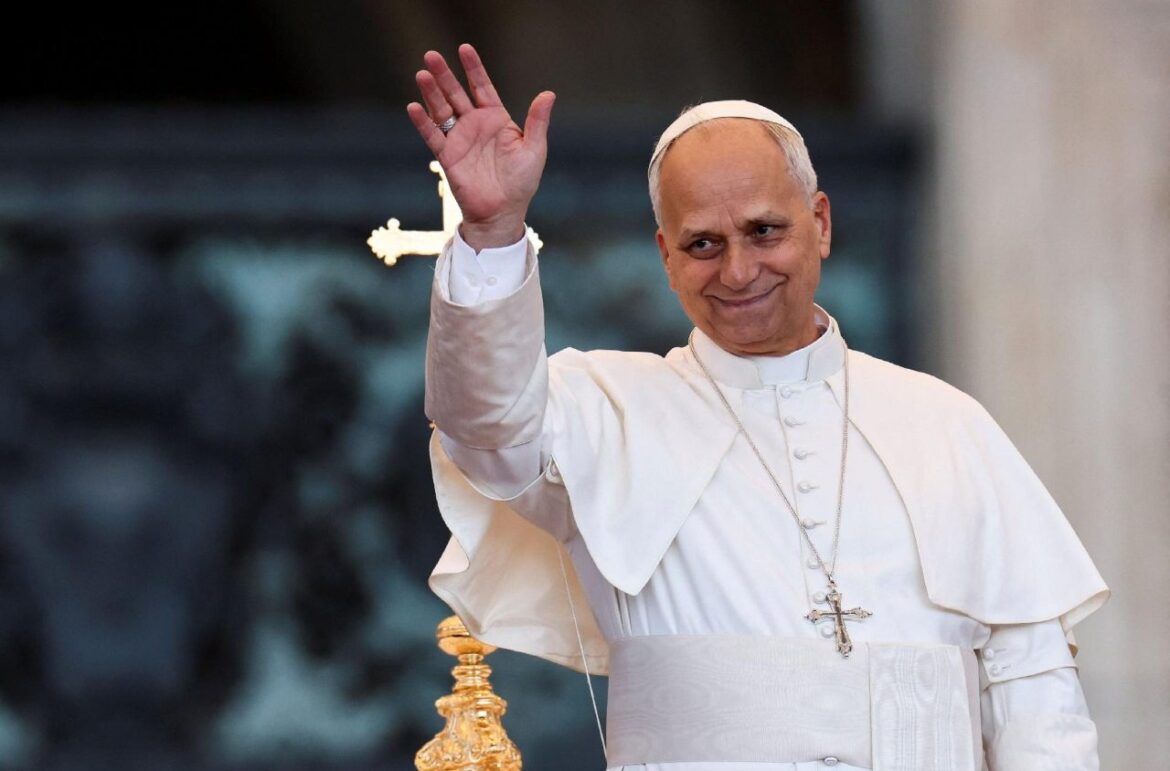
Pope Leo XIV writes a message to the International Congress on Philosophy taking place in Asuncion, Paraguay, and reaffirms the complementary role of faith and reason, and the role of Christian believers who are called to be part of the dialogue and to ‘account for the reason of their hope.’
By Deborah Castellano Lubov
“Faith and reason not only do not oppose each other, but support and complete one another in admirable ways…”
Pope Leo XIV reiterated this view long proposed by saints and his predecessors in the message he sent to the ‘International Congress of Philosophy: Contributions to Cultures, Philosophy, Christianity, and Latin America’, concluding Friday at the Universidad Católica “Nuestra Señora de la Asunción” in Asunción, Paraguay.
The Pope began observing that the high-level academic gathering bringing together international experts aims to analyse “the role and significance of Christian philosophical thought in shaping the culture of the continent, to shed light—beginning from faith—on the challenges of our time,” and seeks to “create a space for ‘encounter, diagnosis, dialogue, and projection.'”
‘Accounting for the hope that is in you’
Reflecting first on ‘encounter,’ the Pope said this is a praiseworthy aim that opposes the temptation of those who, because philosophy arose in a pagan context, have seen rational reflection as a threat that could “pollute” the purity of the Christian faith, and have had a distrust toward philosophy.
“In contrast, Saint Augustine reminded us,” Pope Leo emphasised, “‘Whoever thinks that philosophy must be avoided altogether is simply insisting that we should not love wisdom.'”
Therefore, he said, the believer should not remain distant from what different philosophical schools propose, but should instead enter into dialogue with them, beginning from Sacred Scripture. “In this way,” he marvelled, “philosophical thought becomes a privileged space of encounter with those who do not share the gift of faith.”
The good that a believing philosopher can accomplish
“I know from experience,” Pope Leo lamented, “that unbelief is often linked to a set of historical, philosophical, and other kinds of prejudices.”
While the Pope cautioned against “reducing philosophy to a mere apologetic tool,” he suggested great good that can come from exploring it.
“The good that a believing philosopher can accomplish,” Pope Leo XIV underscored, “is immense—both through the witness of their life and through what the Apostle Peter encourages us to do: ‘Revere Christ as Lord in your hearts, and always be ready to make your defense to anyone who demands from you an accounting for the hope that is in you.'”
Philosophy’s heights and risks
The second aim—diagnosis—allows us to unmask the presumption of attaining transcendent knowledge through mere rational analysis, to the point of confusing the goods of a life “according to reason” with those that can only come to us through divine grace.
We must not forget that philosophy, as a demanding task of human intelligence, can rise to heights that enlighten and ennoble—but can also descend into dark abysses of pessimism, misanthropy, and relativism, where reason, closed off from the light of faith, becomes a shadow of itself.
Not everything labelled “rational” or “philosophical” possesses the same value; its fruitfulness is measured by its conformity with the truth of being and its openness to the grace that illuminates every intellect.
Faith and reason complete and support one another
“With genuine empathy for all,” Pope Leo said, “we must offer our contribution so that the noble task of philosophising may reveal ever more clearly the dignity of the human being created in the image of God, the clear distinction between good and evil, and the fascinating structure of reality that leads to the Creator and Redeemer.”
The Pope called the next step of dialogue fundamental. “This has proven extraordinarily fruitful for great thinkers, theologians, and Christian philosophers. They have demonstrated how human rationality is a gift expressly willed by the Creator, and how the deepest search of our intellect tends toward wisdom—a wisdom manifested in creation and culminating in the encounter with our Lord Jesus Christ, who reveals the Father to us.”
“In this perspective, already visible in the 2nd century in Saint Justin, philosopher and martyr, and later continued by such eminent figures as Saint Bonaventure and Saint Thomas Aquinas,” Pope Leo XIV underlined, “it becomes evident that faith and reason not only do not oppose each other, but support and complete one another in admirable ways.”
With this sentiment, he quoted his predecessor, Saint Pope John Paul II’s words in his 1998 encyclical Fides et Ratio, stating, “The intimate bond between theological wisdom and philosophical knowledge is one of the most original treasures of the Christian tradition in its exploration of revealed truth.”
In today’s world, the Holy Father stated, “the Christian thinker is called to be a living reminder of the authentic philosophical vocation as an honest and persevering search for Wisdom.”

